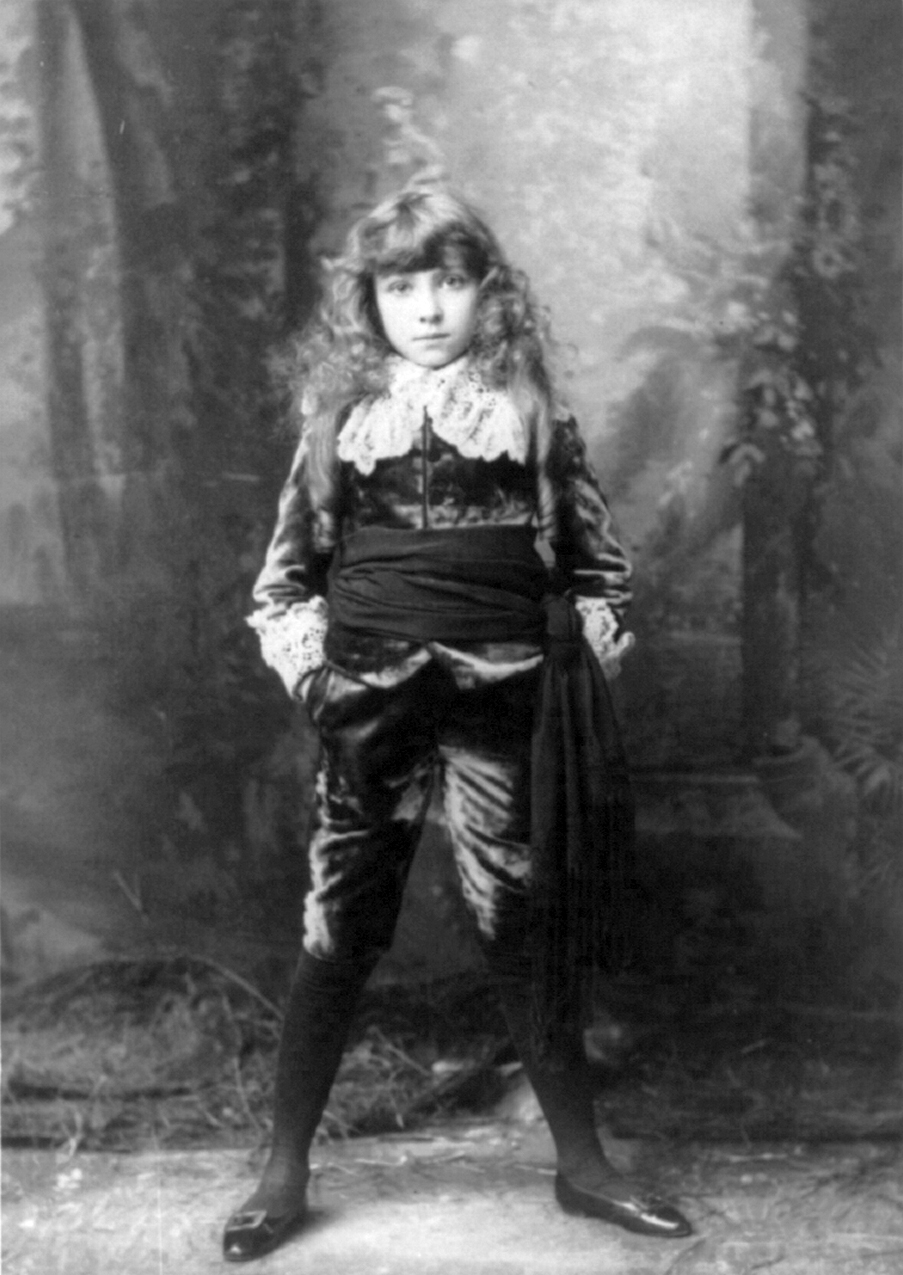|
Dr. Syntax (play)
''Dr. Syntax'' is an 1894 play produced by DeWolf Hopper. His wife at that time, Edna Wallace Hopper, appeared in the cast.Chapman, John and Garrison P. Sherwood (eds.The Best Plays of 1894-1899 p. 2 (1955) It debuted at the Broadway Theatre Broadway theatre,Although ''theater'' is generally the spelling for this common noun in the United States (see American and British English spelling differences), 130 of the 144 extant and extinct Broadway venues use (used) the spelling ''Th ... on June 23, 1894. The play is a rewrite of the 1881-82 hit ''Cinderella at School''.Bordman, GeraldAmerican Musical Theater: A Chronicle p. 149 (3rd ed. 2001) ''The Best Plays of 1884-1899'' (1955) says it had a "comfortable run of 159 performances." References External links * {{IBDB show, 501374, Dr. Syntax 1894 plays ... [...More Info...] [...Related Items...] OR: [Wikipedia] [Google] [Baidu] |
DeWolf Hopper
William DeWolf Hopper (March 30, 1858September 23, 1935) was an American actor, singer, comedian, and theatrical producer. A star of vaudeville and musical theater, he became best known for performing the popular baseball poem "Casey at the Bat". Life and career Hopper was born William D'Wolf Hopper in New York City, the son of John Hopper (born 1815) and Rosalie D'Wolf (born 1827). His father was a wealthy Quaker lawyer and his mother came from a noted Colonial family. His paternal grandfather Isaac Hopper was a Philadelphia Quaker, and conductor of the Philadelphia station of the Underground Railroad. Though his parents intended that he become a lawyer, Hopper did not enjoy that profession. Hopper was called Willie as a child, and then Will or Wolfie, but when he set out on an acting career he chose his more distinguished middle name as his stage name. It was modified to "DeWolf" because of the frequency that it was mispronounced "Dwolf". He made his stage debut in New Hav ... [...More Info...] [...Related Items...] OR: [Wikipedia] [Google] [Baidu] |
Edna Wallace Hopper
Edna Wallace Hopper (January 17, 1872 – December 14, 1959) was an American actress on stage and in silent films. She was known as the "eternal flapper". Biography Hopper was believed to have been born on January 17, 1872, as Edna Margaret Augusta Wallace in San Francisco, California to Josephine and Waller Wallace. Hopper claimed her birth records were destroyed in the 1906 San Francisco earthquake. Her father was the head night usher at the California Theater. She had one sibling. Hopper trained for the stage in New York. While there, she had married DeWolf Hopper on June 28, 1893. They appeared in several comic operas together, including John Philip Sousa's ''El Capitan'', before divorcing in 1898. The couple presented a striking physical contrast on stage. DeWolf stood 6 ft 5 or 6 in, while Hopper stood under five feet tall and weighed less than 100 pounds. Hopper starred in her most famous role, Lady Holyrood in the popular musical '' Florodora'', which had p ... [...More Info...] [...Related Items...] OR: [Wikipedia] [Google] [Baidu] |
Broadway Theatre (41st Street)
The Broadway Theatre near 41st Street was a Manhattan theatre in operation from 1888 to 1929.(6 January 1929)The Broadway Theatre Passes; Playhouse Built by James Bailey, Partner of P.T. Barnum, Over Forty Years Ago Witnessed the Last Engagements of Booth and Irving and the Premiere of Ben Hur ''The New York Times'' It was located at 1445 Broadway. History James Anthony Bailey, a circus manager and owner (the "Bailey" in Ringling Bros. and Barnum & Bailey Circus) started building the theatre in 1887 on the site of what had been the "Metropolitan Concert Hall" built in 1880. Bailey pulled out, and the project was completed by Frank Sanger, T.H. French, and E. Zborowski, with seating for about 1,800 and standing room for 500 more. The American premiere of ''La Tosca'' was performed on the theatre's opening night, March 3, 1888, featuring Fanny Davenport. It was not a great success, due in part to the Great Blizzard of 1888 hitting New York ten days later, and it closed on Apri ... [...More Info...] [...Related Items...] OR: [Wikipedia] [Google] [Baidu] |


